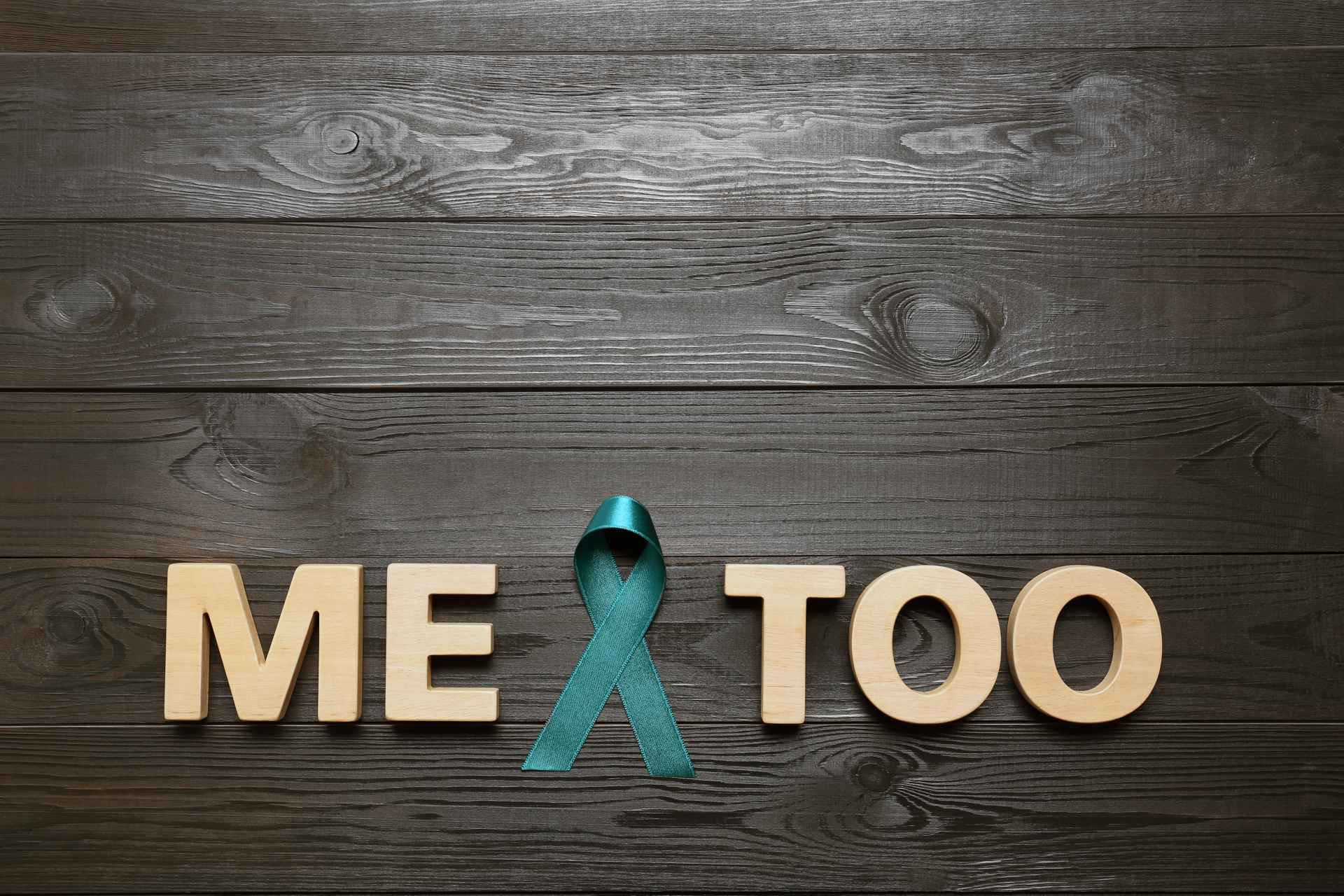Sexual Assault: Survivor Support & Social Change


Sexual Assault: Survivor Support & Social Change
Embed Podcast
My dear Lexual friends,
April is Sexual Assault Awareness Month. The reality is, every day should be recognized as being aware of sexual assault and learning how to educate others on all the things we can do to prevent it.
Sexual assault affects everyone, whether you yourself are a survivor or know someone else who has survived sexual assault.
This episode was a more serious subject than some of my more lighthearted podcasts, but it's one that absolutely needed to be explored. I invite Samantha Heuwagen to talk about the comprehensive definitions of sexual assault and consent and how to understand the role of our current social framework and culture in the power dynamics that underlie sexual assault, including why people may choose not to report incidences.
You may have noticed that in recent years, mainstream media has been increasingly filled with news mentioning sexual assault, whether talking about Olympic coach Larry Nassar, Hollywood producer Harvey Weinstein, TV personality Bill Cosby, and more of the major public figures whose abominable behavior have warranted legal charges.
You may also have noticed that throughout all of those news cycles, there were tons of people who engaged in victim-blaming and not believing the survivors. Whether you are a survivor of assault or not, those news cycles were extremely difficult to follow. I felt anger for those who sided with these men who had committed these crimes and felt compassion for those women who were being blamed for their behavior, how they dressed or being in the wrong place at the wrong time. I know I'm not the only one who experienced exhaustion after these media frenzies.
We also cover how survivors can obtain support, and how loved ones of survivors can provide support to them in times of need.
Importantly, we also talk about how people can educate each other about consent and how to be role models for others in terms of behavior, respect, and treatment of others and their boundaries, and how this can help us change stigmas and prevent incidences of assault from happening in the first place.
XXX
Lexi








